There is such a wide range of putters today that it can become very difficult to know which one to choose. And yet a golf putter is a very important part of a golfer's arsenal. In fact, in many ways the golf putter could possibly be the most important club in your bag. Most golfers will take two thirds of their total shots within 100 feet of the hole. And your putts take up a large part of those shots.
So what exactly should you be looking for in a golf putter? The first thing you'll notice is the number of different putter shapes that are available. The blade putter is the traditional style used for many many years on golf courses around the world. The blade putter is narrow from face to back and long from the heel to toe. Many people feel more comfortable using one of these standard, classically shaped putters. The more modern shape is the mallet putter. But even then these new putters can come in a variety of shapes although they are all typically just as deep from front to back as they are from heel to toe. You can find square shapes, triangular shapes and just about everything in between. Through the use of these different shapes, along with a variety of materials, a higher moment of inertia can be achieved when manufacturing the head. The moment of inertia is simply the ability of the putter head to resist twisting when you hit the ball. This twisting can send the ball off target.
There are also a variety of materials used for putter heads these days. You can get a putter that is forged, cast, milled or crafted from aluminum, copper, brass, titanium, nickel, beryllium, plastics and a number of other materials. You can get them with various face materials and various inserts, again crafted from various materials to give different feels, striking surfaces and moments of inertia.
When you think of all this variety, the smartest move is to go to a golf shop or sporting goods store and check out the various types of putters and see how they "feel" when you take a shot. That will help you determine what exactly will work for you in a putter shape and material. you'll also note that some putters include some type of alignment lines to assist in lining up your putts. some will have lines, some have notches, some will even have a system of lines and arrows to assist you in making the shot. Will these help pr hinder you?
Also keep in mind that you don't need to keep the grip that comes with the putter. You can always have a club fitter change it to a better grip for you if you find a putter that is perfect in every other aspect. Never settle for less than the best in your putter.
But the most important thing to remember when you're trying different golf putters is that one of the largest parts of a professional's putting stroke is confidence. If you have confidence that your golf putter will strike the ball firmly without twisting, that the face is milled properly to give you a consistent striking surface then you have won half the battle. You can concentrate completely on sinking the putt.



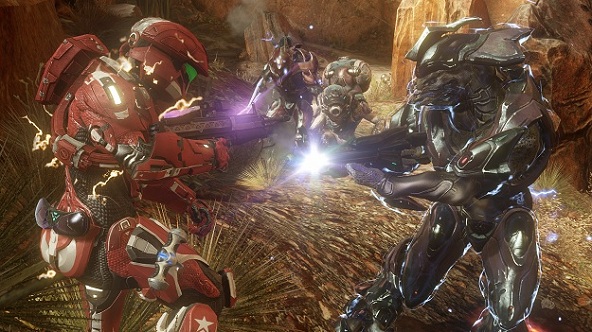
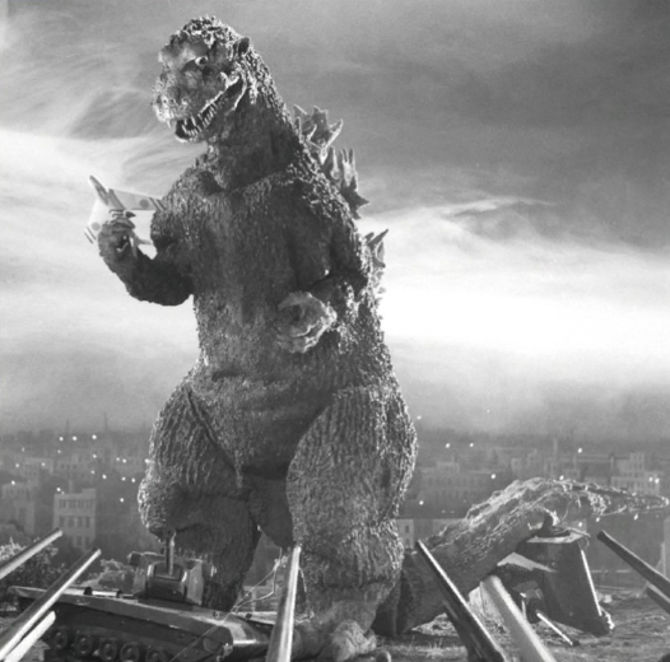
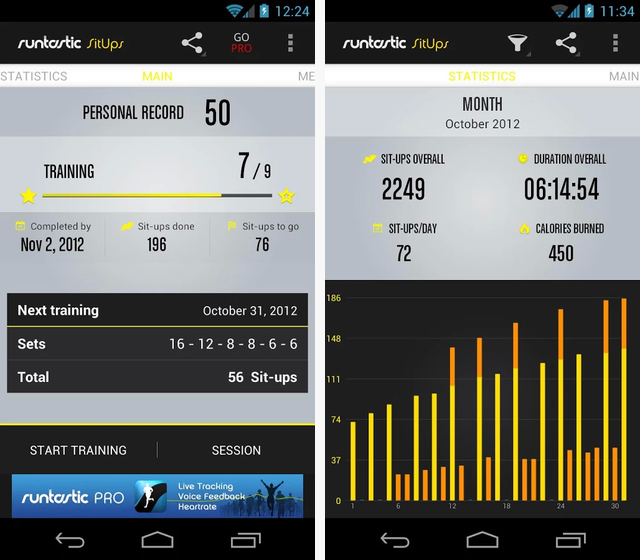
 Download the New MakeUseOf App for Android
Download the New MakeUseOf App for Android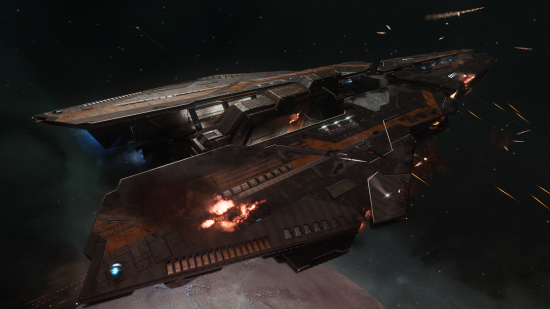 Elite: Dangerous Guide - How to be Successful When Bounty Hunting
Elite: Dangerous Guide - How to be Successful When Bounty Hunting How to fix Call of Duty Advanced Warfare PC Fatal Error, Memory Errors, Shutter issues, Nvidia SLI, Multiple monitor issue, FOV, Cutscene and more
How to fix Call of Duty Advanced Warfare PC Fatal Error, Memory Errors, Shutter issues, Nvidia SLI, Multiple monitor issue, FOV, Cutscene and more Transferring GTA Online Characters To Xbox One and PS4
Transferring GTA Online Characters To Xbox One and PS4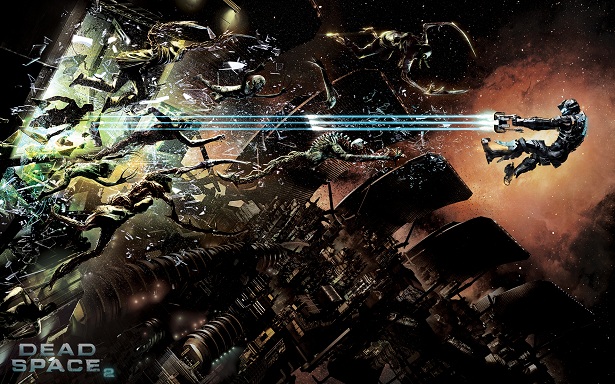 Dead Space 2 Walkthrough Live on YouTube!
Dead Space 2 Walkthrough Live on YouTube!